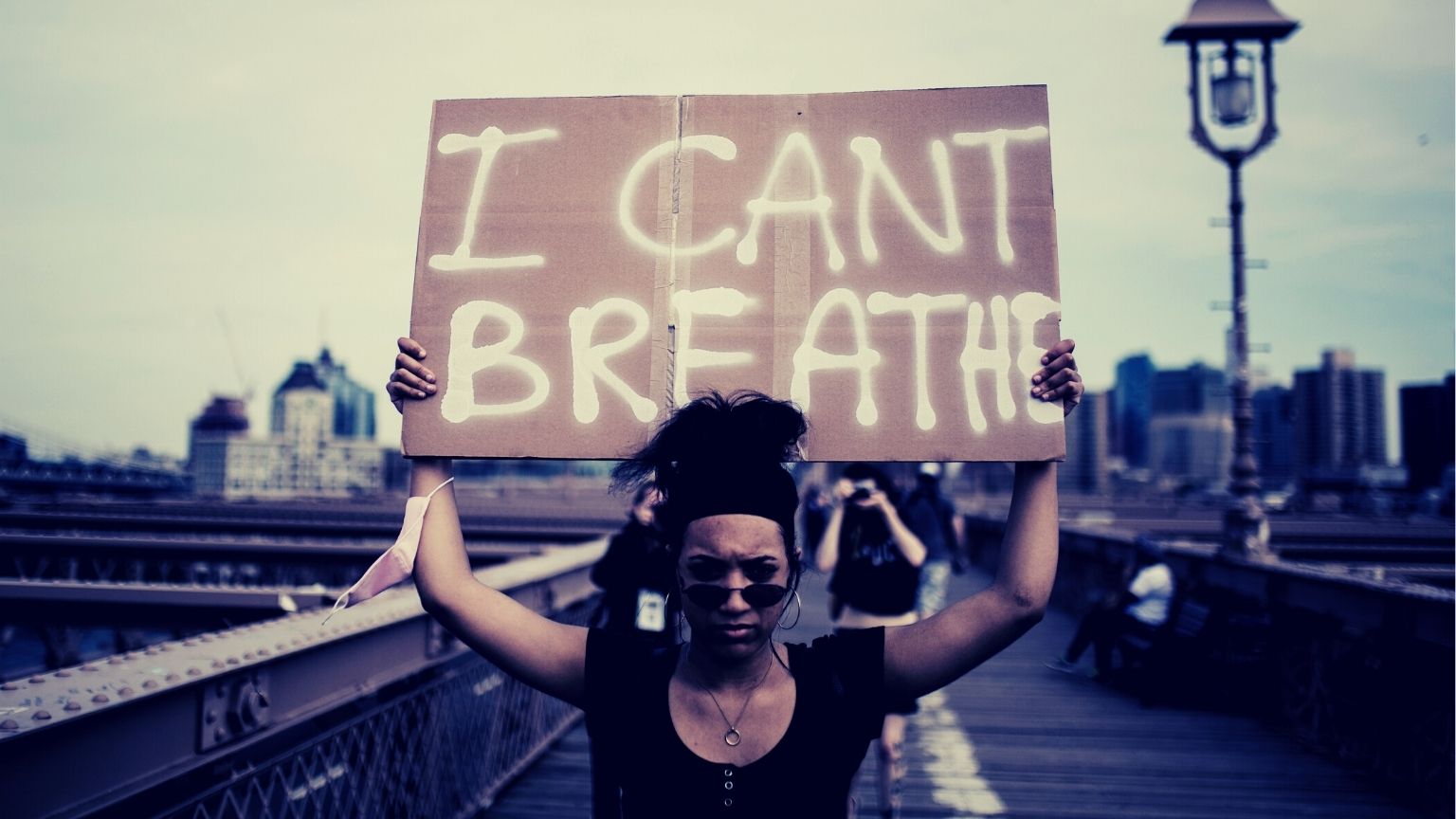Facebook is being accused of censoring any information that paints the Black Lives Matter (BLM) movement in a negative light – and doing that regardless of the merit and accuracy of those reports.
BLM rose to prominence in the wake of the killing of George Floyd in 2020, when many Americans chose to donate money to this organization as a way of supporting initiatives geared towards strengthening racial justice.
The movement was raising money with that promise. But reports have in the meantime suggested that not all of the $66.5 million in donations received by October 2020 was actually used for that purpose.
On Monday, the New York Post ran a story, based on an Intelligencer report, about BLM leaders using these donation funds to buy a $6 million house in California. Facebook’s reaction was to censor the article, preventing it from being shared, and slap the “abusive” label on it.
The real estate listing said it was a 6,500-square-foot home with more than six bedrooms and bathrooms, a pool and parking for more than 20 cars, and it was purchased in October 2020 by BLM co-founder Patrisse Cullors’ consulting firm’s financial manager Dyane Pascall.
The ownership of the property was transferred to an LLC in Delaware, ensuring that “the ultimate identity of the property’s new owner was not disclosed to the public,” the report said.
The house was seen in the background of a video Cullors and two other BLM leaders posted on the anniversary of Floyd’s death last June. The video shows Cullors complaining of being “in survival mode” because of a previous report into yet more BLM real estate purchases – the Post’s April article said Cullors had bought four high-end houses worth $3.2 million.
Reason writes that it’s unclear why Facebook is trying to hide this information – “unless it sees its role as merely running interference for political allies, hiding credible journalism when it’s damning to them.”
The New York Post has been no stranger to suppression of its reporting over the years – on Facebook, and other giant social networks like Twitter. Their stories about the possibility that the Covid pandemic was the result of a lab leak, and the Hunter Biden laptop reporting both faced various forms of censorship on these platforms – only to later be vindicated.






















